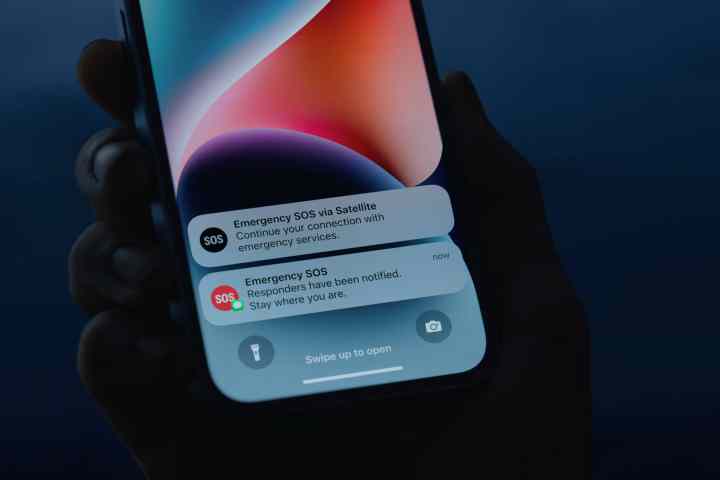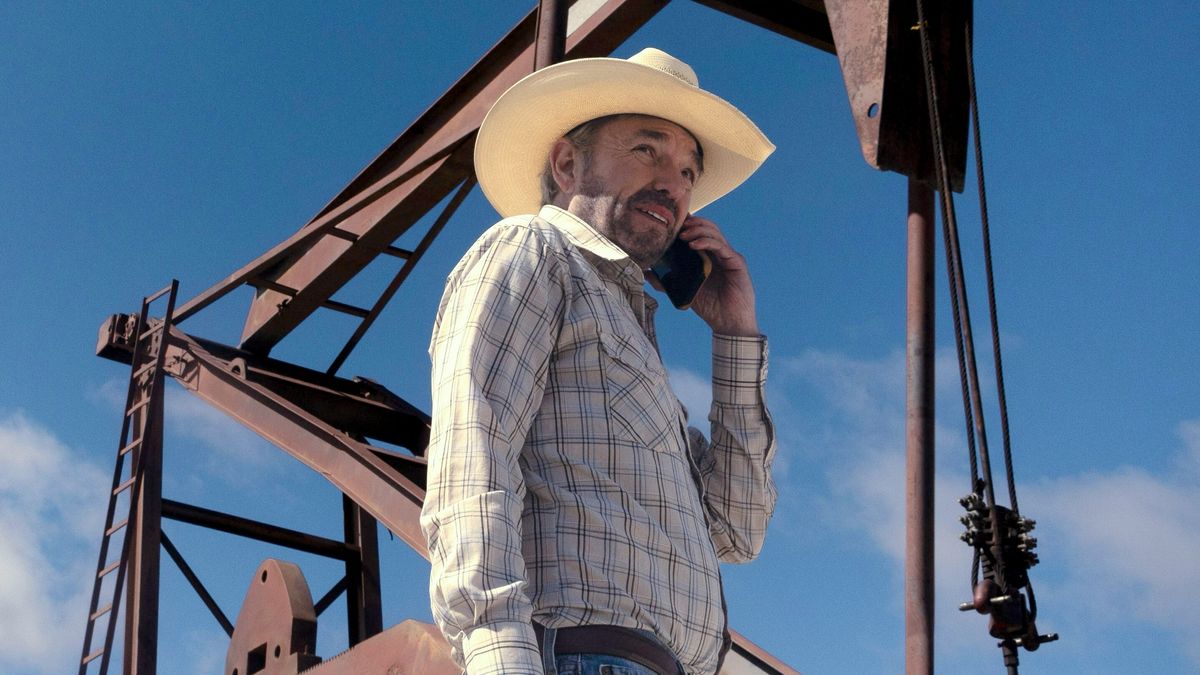It’s been roughly two years since the launch of the iPhone 14 and its Emergency SOS via satellite feature. You might recall that during the first two years, Apple said it would be free to use, but that it might require a subscription after that time according to MacRumors. Last year, Apple extended the time limit by one more year, so you actually have until November 2025 until the trial period ends.
That’s good news. The Emergency SOS feature is, quite literally, lifesaving. During April of this year, three university students lost their way in a canyon and used the feature to call for help. Another story arose in July where the feature came through once more in a moment of crisis. And if you keep digging, you’ll find numerous other examples of how this tech is truly beneficial.
 Apple
AppleWith that in mind, it’s hard to justify charging a subscription when lives are literally at stake. While Apple has always hinted at plans to charge for the service, the company has also expanded functionality to include roadside assistance, Messages, and more. An argument can be made that charging for a feature like roadside assistance is fine, but charging for Emergency SOS is morally bankrupt.
The Google Pixel lineup has a similar feature to Emergency SOS, and Samsung is expected to gain functionality akin to it in the One UI 7 update. Currently, Pixel does not charge for the Emergency SOS feature, and Samsung isn’t likely to, either.
It remains to be seen whether Apple will charge a subscription fee or not. With any luck, the feature will remain free. Monetization is possible with added perks like roadside assistance, but charging for life-saving tools comes with a certain ick factor.




















 English (US) ·
English (US) ·